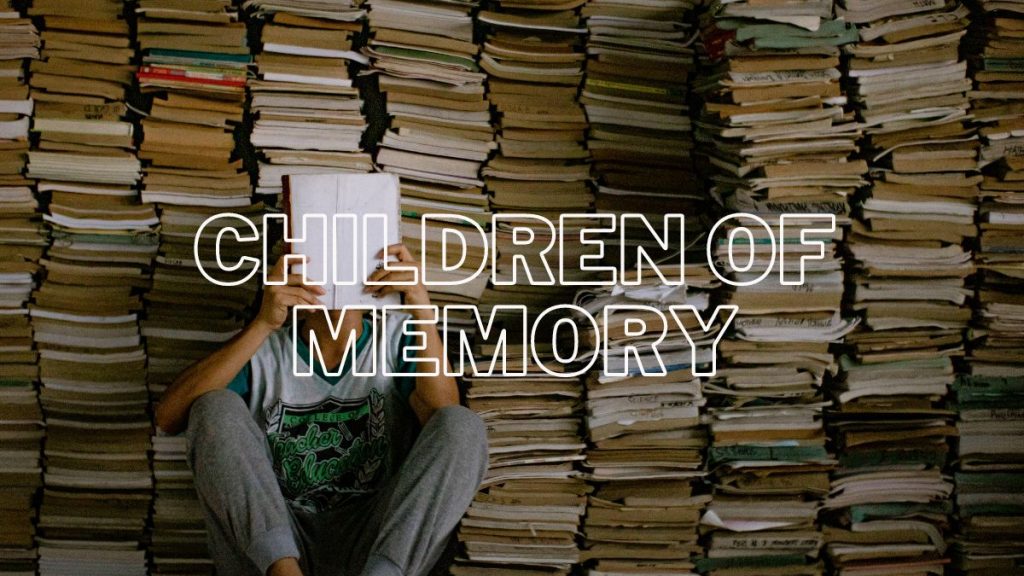Within the literary genre of science fiction, there is a genre that has the ability to take us to unfathomable places, test our comprehension of time, and present us to characters who transcend the limits of human life. Master of this genre Adrian Tchaikovsky never fails to enthrall readers with his masterpiece, the “Children of Time” trilogy. We explore the complexities of this mind-bending story in the third episode, “Children of Memory,” in this article.
The Genesis of a Universe
A Journey through Time and Space
“Children of Memory” transports us to the vastness of the cosmos and the annals of time, creating a captivating experience. The story sets out on a vast journey to investigate the development of life and awareness, contrasting the microcosm of human existence with the grand scheme of cosmic history.
The Protagonists: Humans and Beyond
Evolution Redefined
The individuals in this story, who represent the whole spectrum of human evolution, are its central focus. From the last vestiges of mankind to the post-human entities who have surpassed mortal bounds, Tchaikovsky presents us to a diverse ensemble. The arcs of each character demonstrate the author’s skill in developing a compelling cast of characters.
The Alien Perspective
A Multifaceted Universe
The universe that Tchaikovsky created goes far beyond Earth. The “Children of Time” television series delves into the subtleties of otherworldly societies, each with its own morals, traditions, and social structures. These civilizations are brought to life in “Children of Memory,” providing readers with an insight into the difficulties of interspecies diplomacy and conflict.
The Threads of Time
Temporal Paradoxes and Conundrums
As the story progresses, it becomes clear that time is a maze of options rather than a straight line. Tchaikovsky’s investigation of temporal paradoxes gives the narrative an additional level of cerebral interest. The ramifications of time travel and the effects of changing the past are posed for readers to consider.
The Quest for Knowledge
Philosophical Inquiries
The book “Children of Memory” challenges readers to consider important issues regarding the nature of knowledge and enlightenment. The story explores the core of human curiosity and the desire for wisdom via the characters’ quests for insight.
The Climactic Showdown
Epic Confrontations
An epic story would be incomplete without a decisive battle between the forces of good and evil. This is something “Children of Memory” excels at, offering suspenseful action scenes that will have readers on the tip of their seats.
Conclusion
The third book in Adrian Tchaikovsky’s “Children of Time” trilogy, “Children of Memory,” is a masterpiece of science fiction writing. Readers are taken on a voyage unlike any other with its complex world-building, multidimensional characters, and mind-bending examination of time. You should expect to be touched both emotionally and intellectually as you immerse yourself in this epic tale.
FAQs
1. Is “Children of Memory” a standalone novel, or should I read the previous books in the series first?
Since “Children of Memory” expands on the events and people presented in the first two volumes in the trilogy, it is best appreciated after reading them.
2. What themes are explored in “Children of Memory”?
The book explores a number of subjects, including time travel, evolution, the nature of consciousness, and the coexistence of many civilizations.
3. How does Adrian Tchaikovsky’s writing style contribute to the narrative’s impact?
The reader is enhanced by Tchaikovsky’s writing because of its profundity, striking imagery, and philosophical overtones.
4. Can I expect a satisfying conclusion to the series in “Children of Memory”?
“Children of Memory” satisfactorily resolves many of the series’ central riddles, without giving anything away.







